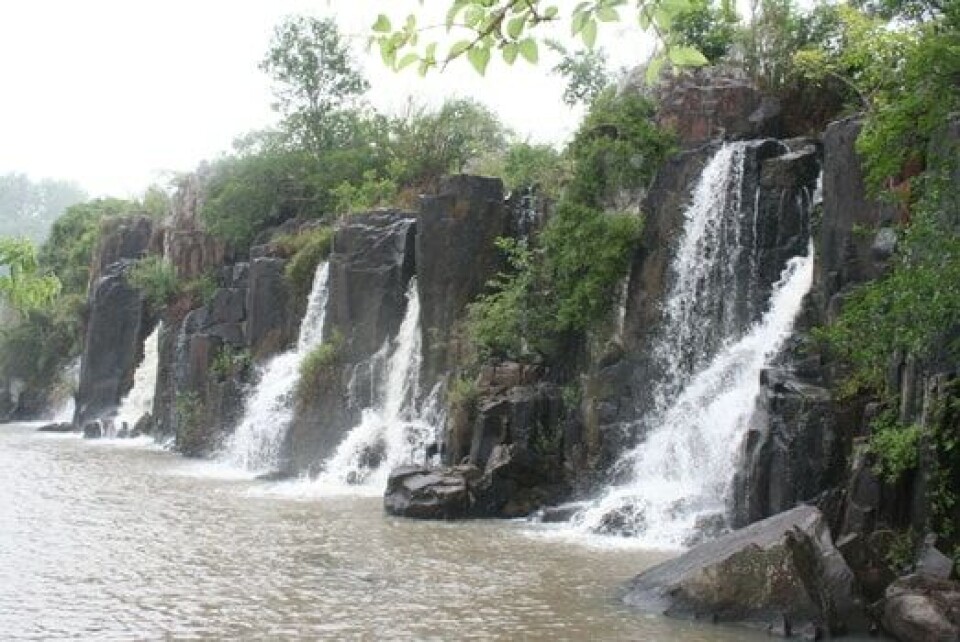The South African government has gone to court to defend its water conservation laws by opposing an unregulated tree species swop-over in the world’s 30th driest nation.
Commercial timber farmers, represented by Forestry South Africa, launched a civil case against the national water minister and water tribunal two years ago to enable tree planters to convert many of their existing plantations from pine trees to eucalyptus (gum) trees in order to cash in on rising global demand for clothes and textiles made from gum tree-based cellulose fibres.
While the idea of switching from one type of tree species to another might not seem such a big deal from a legal perspective, senior water and forestry scientists note that gum trees can use vastly more water than pine trees – anywhere between 25% to 45% more water, according to hydrology expert Professor Graham Jewitt from the IHE Delft Institute for Water Education in the Netherlands
Forestry South Africa has sought to persuade High Court judge Selwyn Hockey that there should be no legal obstacle to the species switchover for growers who hold existing permits or licences, but Jewitt and State Attorney Msubanzi Sisilana insist that allowing an uncontrolled or unregulated species swop-over could lead to future water shortages and potentially “devastating impacts” on stream-water flow in many areas – especially during droughts.
This was because once trees were in the ground there was no way of stopping them from sucking water from the ground for several years – other than chopping them down.
As a result, if timber farmers wanted to switch from pine to gum trees for commercial gain, the area of planted land should be reduced accordingly to compensate for the additional water use.
Forestry South Africa has argued that the water-use impacts of gum trees are potentially over-estimated by computer models developed by expert hydrology studies and that the industry should not be impeded from switching to gum.
But the government argues that the commercial imperatives of the timber industry cannot over-ride the need to ensure sustainable water supplies for people, other downstream farmers, industries and the ecology – also noting that the case could have far-reaching impacts on South Africa’s water conservation laws and policies.
If the court accepted the position of the forestry industry “the entire basis for the allocation of water use licences under the 1998 National Water Act will be under threat,” the water ministry argued.
Judgment has been reserved.
To join Africa Legal's mailing list please click here

